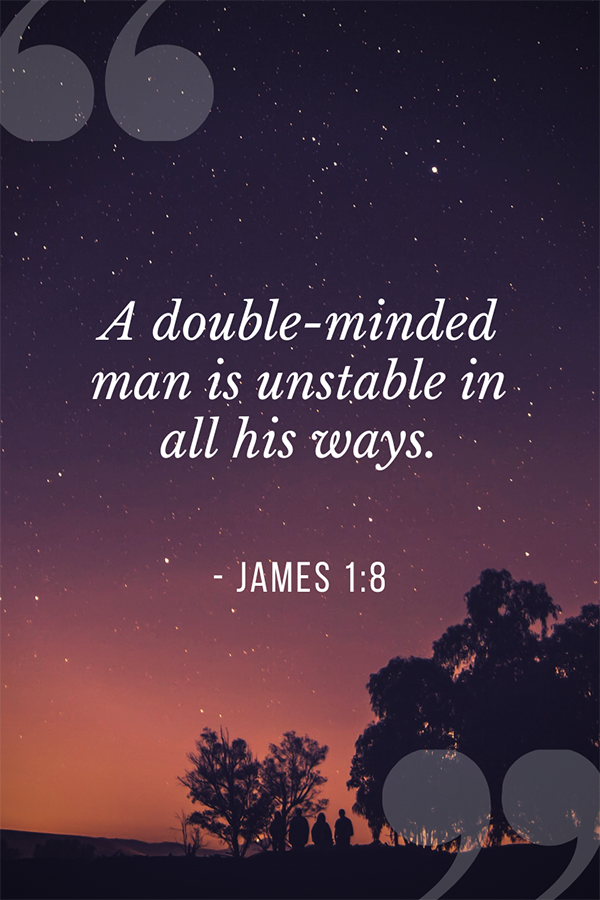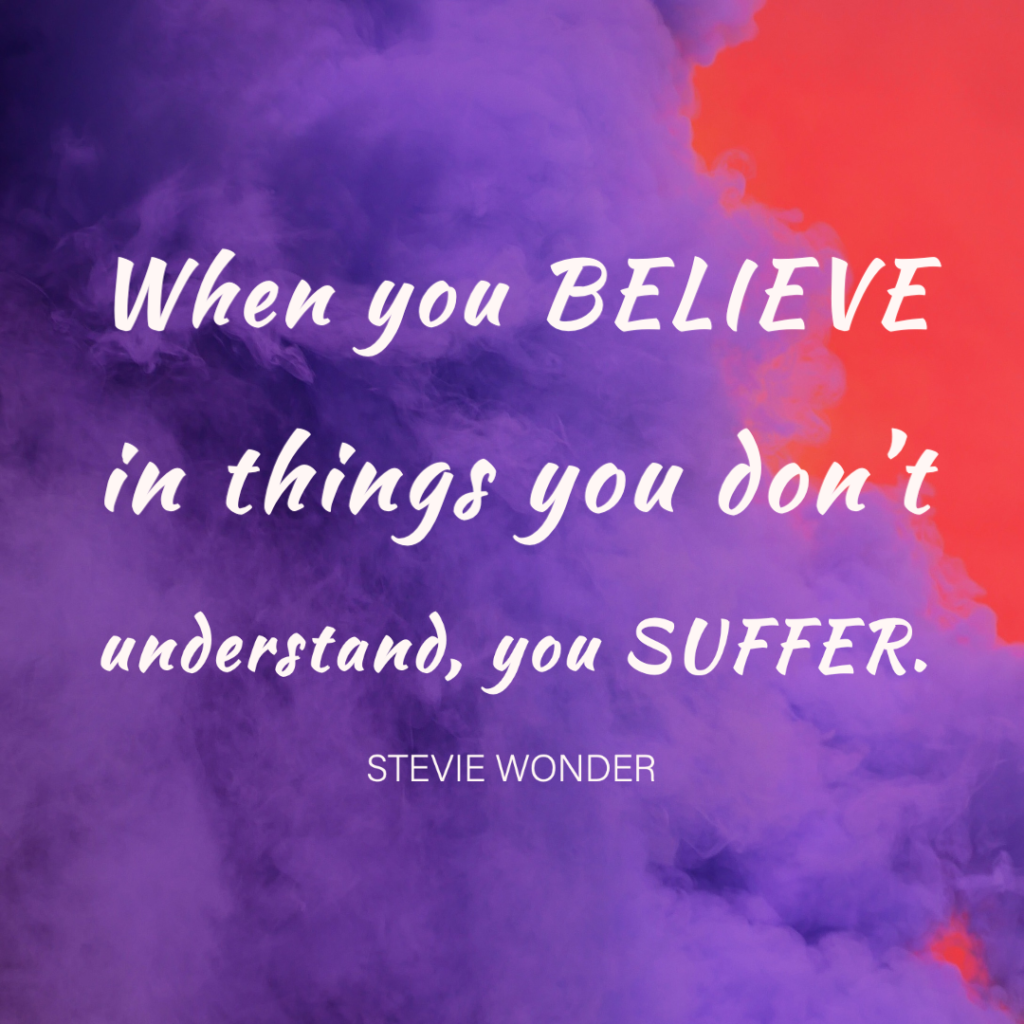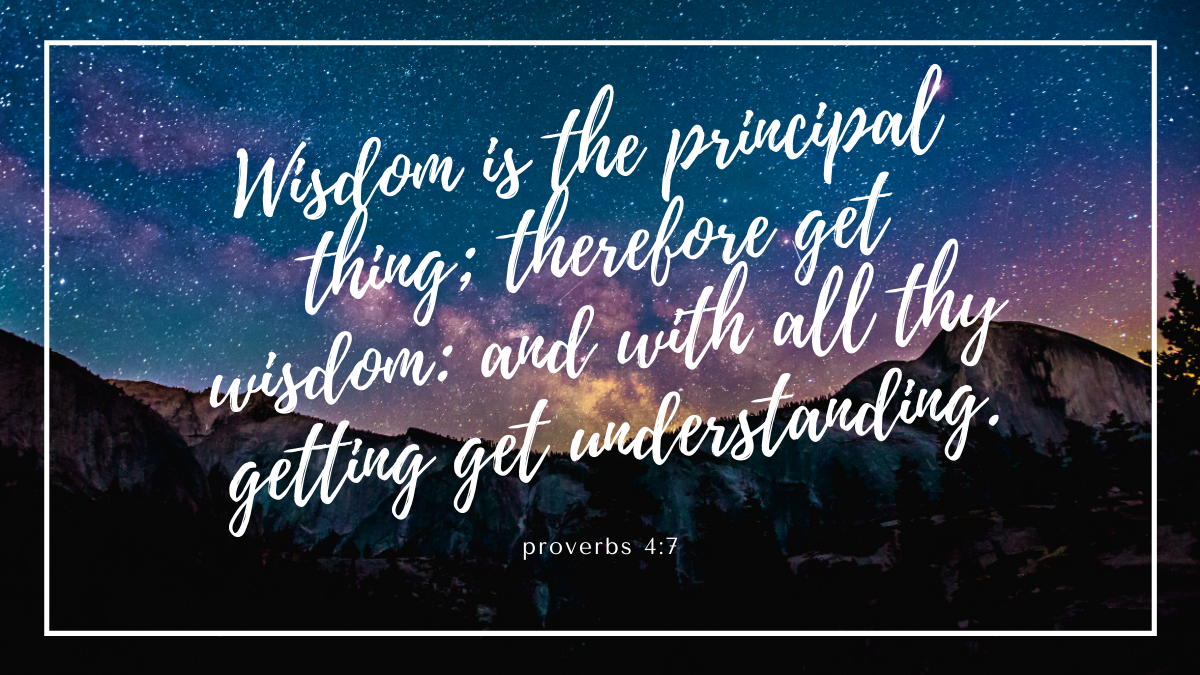You probably are familiar with the biblical proverb that urges us to cultivate wisdom and understanding. Thousands of years later, that plea is still relevant and necessary. Few of us understand our beliefs—or how our beliefs influence our behaviors. We cling to beliefs that defy our own common sense. We claim to believe things we know are untrue, simply because they are written in a certain book. We even declare mutually contradictory beliefs to be true; in other words, we are double-minded. DQW’s purpose is to cultivate wisdom and prevent the instability that naturally results from this condition.
 Several years ago, I created a Double-mindedness Quiz and published it in a blog post. The 10 questions were simple and direct, and based on behaviors I had observed over many years, the responses were predictable.
Several years ago, I created a Double-mindedness Quiz and published it in a blog post. The 10 questions were simple and direct, and based on behaviors I had observed over many years, the responses were predictable.
Asked whether they believed God is fair and just, 100% of respondents said yes. And 93% believed God is good. When asked whether it would be fair to blame them for someone else’s wrongdoing, 92% of the respondents said no. And not one of them said they would be grateful if loved one was executed for something they did?
However, in response to another question, 75% of them not only contradicted themselves, they demonstrated that they unknowingly held mutually contradictory beliefs. For example, despite indicating that it is unfair to blame them for crimes someone else had committed, such as Adam’s sin, they also believed God was fair.
In addition to asserting that they would not be grateful if a loved one was executed for something they had done, they made an exception: Jesus. His sadistic murder, they responded, demonstrated God’s love.
Their responses revealed that they believe without thinking. Most of us do. We are confused. More than that, we are tragically double-minded: We robotically declare contradictory beliefs to be true because someone instructed—or more accurately, indoctrinated—us to believe them. To assure our obedience, they threatened us with endless pain, if we did not believe them. Fear has always been an effective motivator and manipulator.
That explains why most of us are not very wise: Wisdom does not live in confusion, and cannot co-exist with double-mindedness. In fact, I believe double-mindedness is the greatest obstacle to cultivating wisdom, common sense, and mental stability. That is why DQWs are designed to support those who desire wisdom, encourage a common sense approach to spirituality and inspire the audacious act of thinking before believing.
 If we do not understand our beliefs, and what they imply about ourselves or whatever Higher Power we serve, it is impossible to know what those beliefs can and cannot deliver—or where they can and cannot deliver us. If we do not understand our beliefs—and do not know whether they are derailing or supporting our desired outcomes—we will endlessly wonder why our life is not unfolding as we envisioned.
If we do not understand our beliefs, and what they imply about ourselves or whatever Higher Power we serve, it is impossible to know what those beliefs can and cannot deliver—or where they can and cannot deliver us. If we do not understand our beliefs—and do not know whether they are derailing or supporting our desired outcomes—we will endlessly wonder why our life is not unfolding as we envisioned.
Because of the dominant role our beliefs play in our lives, one of the first acts in a DQW is to help you understand what you believe. To be clear: The workshops do not suggest what you should believe or make any attempt to replace your beliefs with different ones. It is merely an opportunity for you to take a thoughtful look at your beliefs. Your discoveries are personal and private. You do not have to discuss or disseminate them with your workshop group.
Our beliefs heavily influence our behaviors, and common sense tells us it is wise to understand them. After all, when the curtain falls on our final act here, we will be held accountable for the behaviors those beliefs promoted.
With all our getting, would it not be wise to get understanding?

